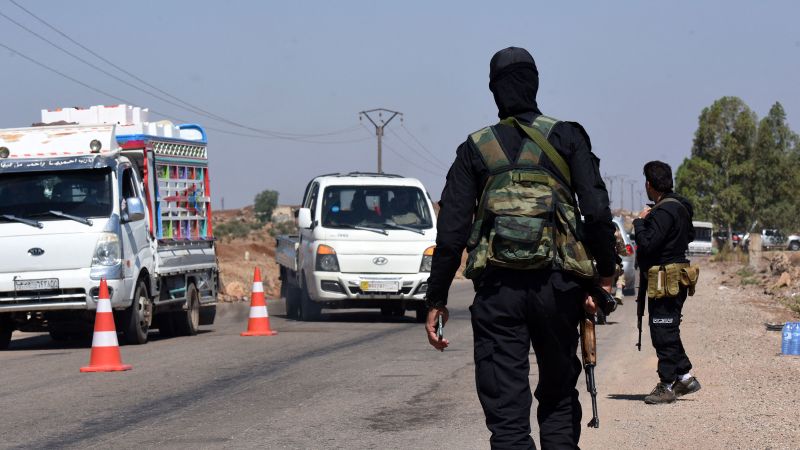
Life in Cuba Under 'War Economy': A Critical Point
World | 8/22/2025
Life in Cuba under its ‘war economy’ has reached a critical point, as evidenced by the dire conditions facing its citizens. In Havana, the capital city, residents endure 20-hour blackouts and navigate streets littered with garbage. The stench of waste pervades the air, with one street being completely obstructed due to the accumulation of refuse, highlighting the extent of the crisis.
The impact of these challenges on the daily lives of Cubans is profound. Access to electricity is severely limited, with blackouts lasting as long as 20 hours, disrupting normal routines and essential services. The sanitation situation is equally alarming, as streets in Havana, typically a vibrant city, are now lined with trash, creating health hazards and diminishing the quality of life for residents.
Despite the hardships facing the population, there is a notable absence of relief or improvement in sight. The current state of affairs underscores the deepening struggles within Cuba’s economy and raises concerns about the government’s ability to address these pressing issues. As one unnamed source familiar with the situation remarked, “The situation is dire, and the lack of basic services is pushing people to their limits.”
The challenges facing Cuba are not new, as the country has grappled with economic hardships for years. However, the current conditions represent a heightened level of crisis, with the convergence of prolonged blackouts and widespread sanitation issues exacerbating an already precarious situation. The urgency of addressing these systemic challenges is evident, as they have a direct impact on the well-being and livelihoods of Cuban citizens.
Efforts to alleviate the crisis and restore normalcy to daily life in Cuba remain a pressing concern. As the country contends with the ramifications of its ‘war economy,’ the need for sustainable solutions and government intervention is increasingly apparent. The resolve of the Cuban people in the face of these hardships, coupled with the urgency of addressing the root causes of the crisis, will be instrumental in shaping the future trajectory of the nation.


